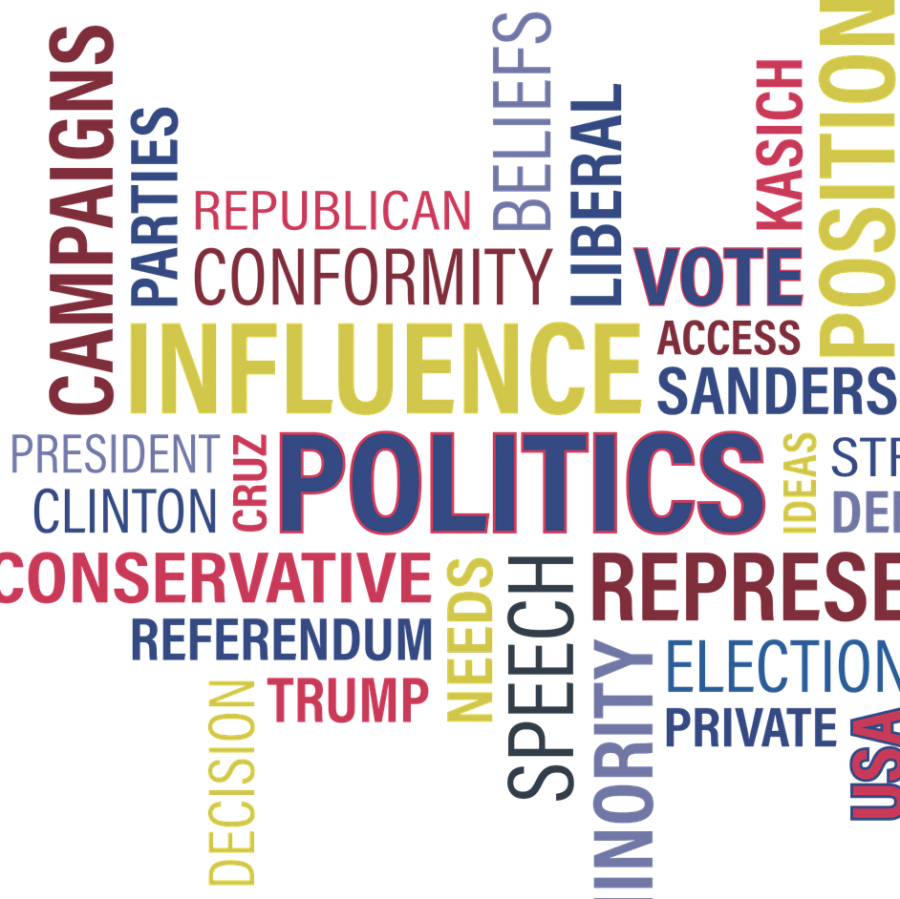As the United States prepares for the 2020 elections, many citizens and presidential candidates running are calling for the abolishment of the Electoral College.
When people vote for a presidential candidate, they are not directly voting for that candidate. Instead, they are voting specific people, or “electors”, to the college. The number of electors sent to the college is determined by the population of the state. Each elector gets one vote, which they use to directly vote for a candidate to win the presidency.
However, there is a slight fault to this system. The electors are not required to vote like the people of the state; they can even lie, saying they will vote for a candidate but then instead vote for the other.
Some states hold more power over other states due to their larger population size. Only five presidential candidates have won the Electoral College, but not the popular vote to reach their spot in the white house.
PV senior Ava Stigler thinks that the government should not abolish it. “I don’t think we [U.S.] should abolish it because it was put in place to protect rural areas from tyranny of the majority. If all that counted was popular vote, candidates would only need to focus on major cities in their campaigns and rural America would have less of a voice,” she said.
This system was created by the founding fathers due to their fear of not having enough people voting or those voters not being well-educated enough. This system is only used for presidential elections. This system is only used for presidential elections, while all other elections are decided by popular vote.
Stigler believes that the Electoral College ensures the balance of everyone’s vote. “The electoral college allows for people in Iowa to have an equal voice to our counterparts in places like New York and California,” she said.
The idea of abolishing the Electoral College has been a popular topic due to the college being a decider in two presidential elections in the past 20 years. In 2000, Al Gore lost to George W. Bush, and in 2016, Hillary Clinton lost to Donald J. Trump.
Several Democratic candidates are announcing their opinions on the abolishment and the decision for electing the president falling on the direct popular vote, including Elizabeth Warren, Beto O’Rourke, and Kamala Harris. In PRRI/The Atlantic 2018 Voter Engagement Survey, in the U.S., 65% of adults believe that the presidential elections should be based off of a direct popular vote.
Presidential candidate Elizabeth Warren believes in the abolishment of the electoral college. “Every vote matters. And the way we can make that happen is that we can have national voting and that means get rid of the Electoral College,” she said.










Susan Anthony • Apr 3, 2019 at 9:41 am
Voters in the biggest cities in the US have been almost exactly balanced out by rural areas in terms of population and partisan composition.
16% of the U.S. population lives outside the nation’s Metropolitan Statistical Areas. Rural America has voted 60% Republican. None of the 10 most rural states matter now.
16% of the U.S. population lives in the top 100 cities. They voted 63% Democratic in 2004.
The population of the top 50 cities (going as far down as Arlington, TX) is only 15% of the population of the United States.
The rest of the U.S., in suburbs, divide almost exactly equally between Republicans and Democrats.
Roughly 60 million Americans live in rural counties in large and midsize states like California, New York, and Illinois.
With a national popular vote for president, a Republican campaign could benefit from rural voters in California — where five million people live in rural counties — to those in New York, where roughly 1.4 million people live in rural counties. Rural interests would be represented from coast to coast, as opposed to a system that only weights those who live in swing states.
– Bouie